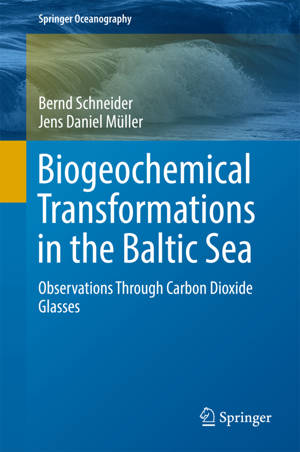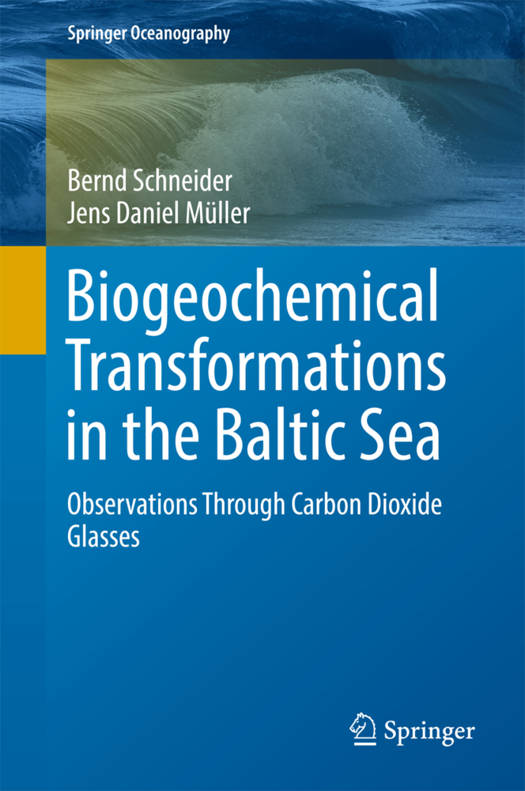
En raison d'une grêve chez bpost, votre commande pourrait être retardée. Vous avez besoin d’un livre rapidement ? Nos magasins vous accueillent à bras ouverts !
- Retrait gratuit dans votre magasin Club
- 7.000.000 titres dans notre catalogue
- Payer en toute sécurité
- Toujours un magasin près de chez vous
En raison de la grêve chez bpost, votre commande pourrait être retardée. Vous avez besoin d’un livre rapidement ? Nos magasins vous accueillent à bras ouverts !
- Retrait gratuit dans votre magasin Club
- 7.000.0000 titres dans notre catalogue
- Payer en toute sécurité
- Toujours un magasin près de chez vous
Biogeochemical Transformations in the Baltic Sea
Observations Through Carbon Dioxide Glasses
Bernd Schneider, Jens Daniel Müller
91,95 €
+ 183 points
Format
Description
- Presents a coherent description of the major features of the Baltic Sea biogeochemistry as inferred from its unique marine CO2 system
- Presents the complex relationship between the variables of the marine CO2 system and the peculiarities of the Baltic Sea acid-base system in an intelligible way, also understandable for non-chemists
- Demonstrates the use of CO2 data for the analysis of biogeochemical processes
- Provides support for implementing the marine CO2 system into biogeochemical models
Spécifications
Parties prenantes
- Auteur(s) :
- Editeur:
Contenu
- Nombre de pages :
- 110
- Langue:
- Anglais
- Collection :
Caractéristiques
- EAN:
- 9783319616988
- Date de parution :
- 09-08-17
- Format:
- Livre relié
- Format numérique:
- Genaaid
- Dimensions :
- 156 mm x 234 mm
- Poids :
- 353 g

Les avis
Nous publions uniquement les avis qui respectent les conditions requises. Consultez nos conditions pour les avis.






